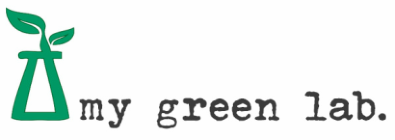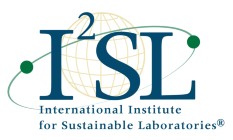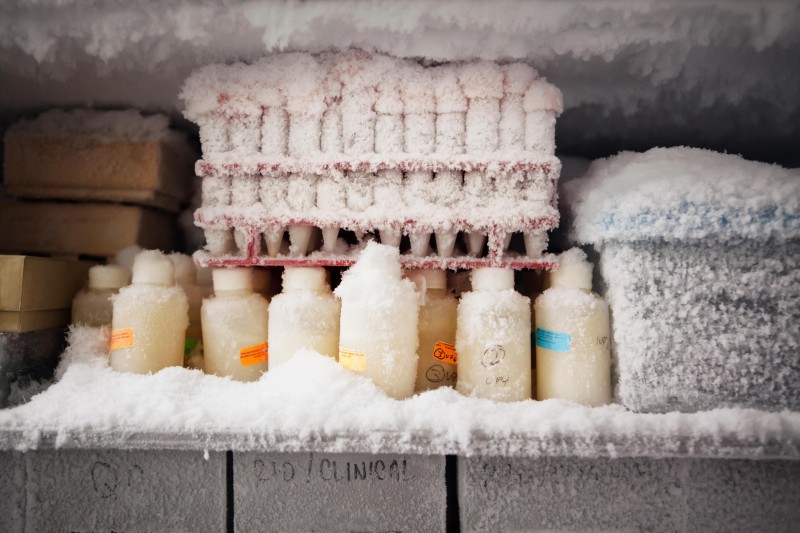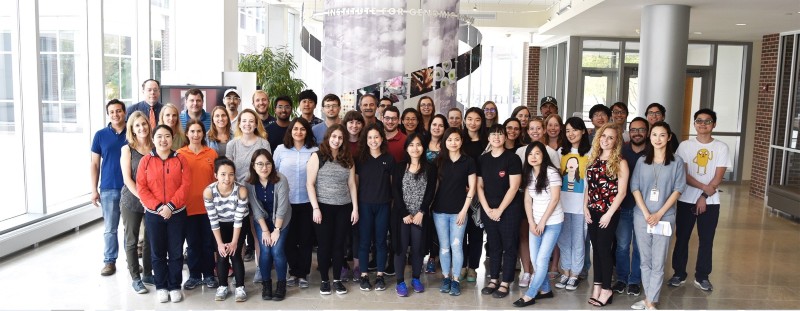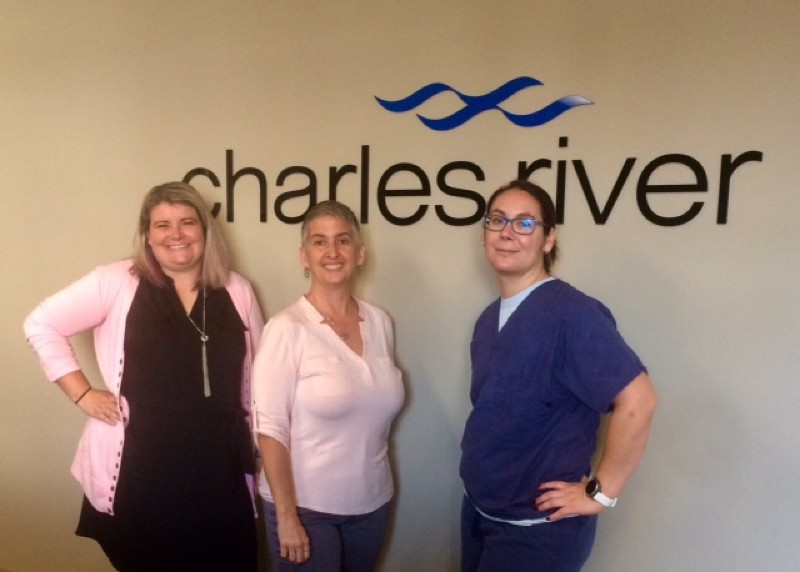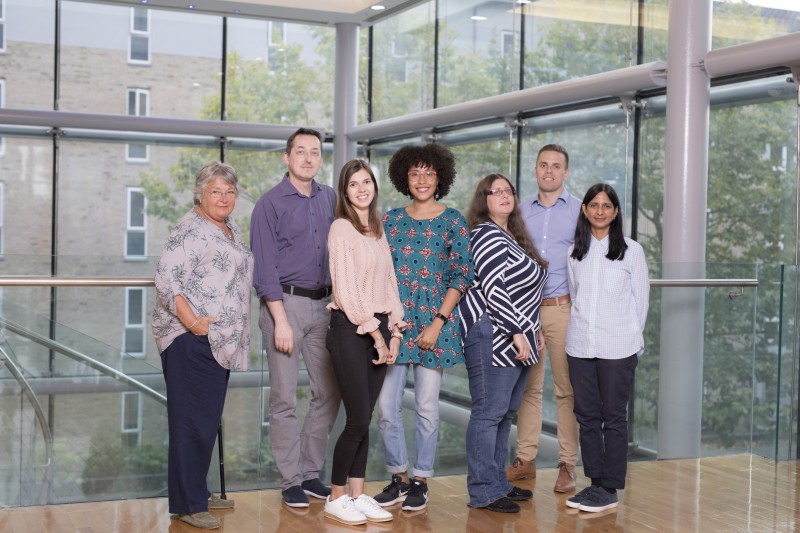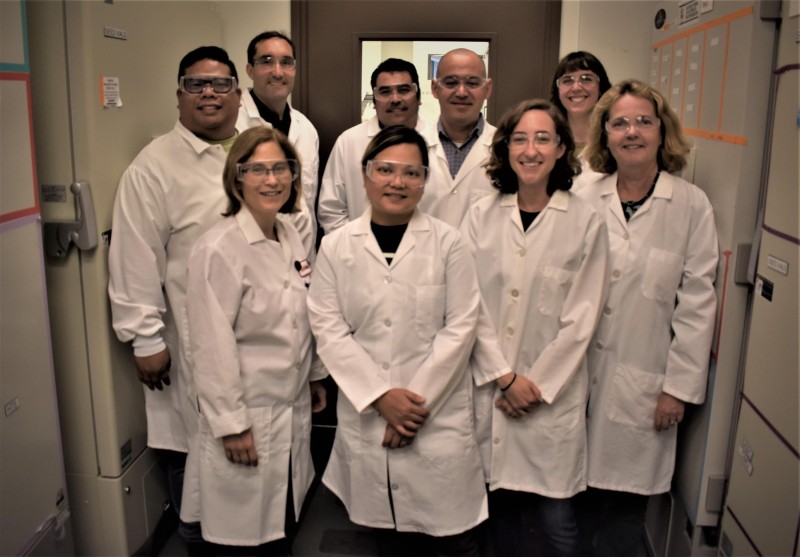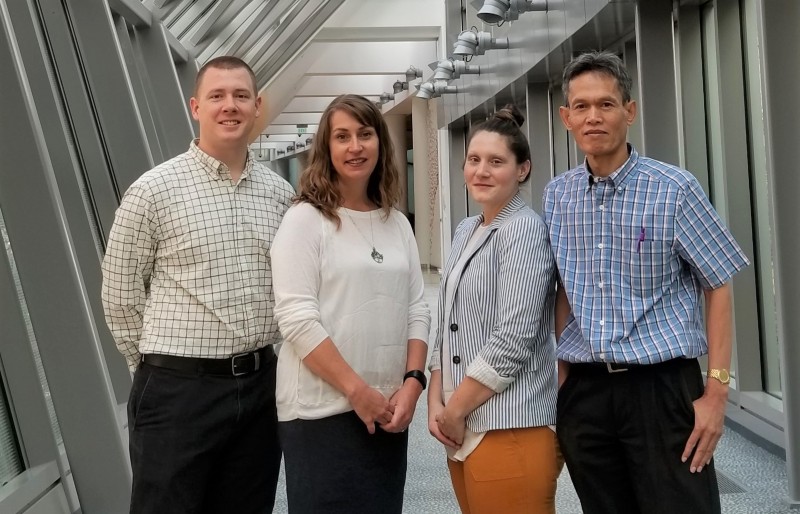Hello 2019 Freezer Challenge participants!
The registration for the 2020 Freezer Challenge is now open!
Sign-up this year to win for the third year in a row!
Signing up is easy and only takes 2-3 minutes to enter the labs contacts and organization information.
If you would like help signing up, send Your Name (first, last), email, PI’s name, Building and Department, with subject “Please Sign-Up” to: mbarone2@illinois.edu
The challenge takes place throughout the spring semester and participation is self-explanatory, each lab gets points for actions taken to increase lab energy efficiency (see Score Sheet for categories). I will be in contact with all the labs that sign up to support your efforts throughout the semester. The labs with the most points in each laboratory category win the challenge.
Our participation in the North American Laboratory Freezer Challenge supports our Climate Leadership Commitments, campus sustainability, Green Labs, and the Illinois Climate Action Plan (iCAP).
If you are no longer the contact for your lab and you have a different contact that I can replace yours with, please let me know!
Questions can be sent to:
Madeline Barone, email: mbarone2@illinois.edu
University of Illinois F&S | Freezer Challenge Site Coordinator
Eco-Olympics | President


